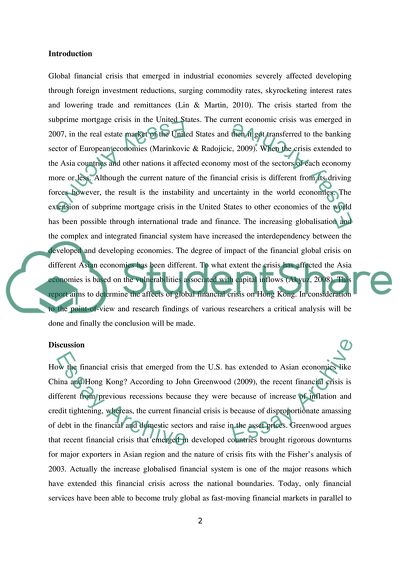Cite this document
(How Did the Financial Crisis Affect Hong Kong Report, n.d.)
How Did the Financial Crisis Affect Hong Kong Report. https://studentshare.org/finance-accounting/1744000-how-did-the-global-financial-crisis-affect-hong-kong
How Did the Financial Crisis Affect Hong Kong Report. https://studentshare.org/finance-accounting/1744000-how-did-the-global-financial-crisis-affect-hong-kong
(How Did the Financial Crisis Affect Hong Kong Report)
How Did the Financial Crisis Affect Hong Kong Report. https://studentshare.org/finance-accounting/1744000-how-did-the-global-financial-crisis-affect-hong-kong.
How Did the Financial Crisis Affect Hong Kong Report. https://studentshare.org/finance-accounting/1744000-how-did-the-global-financial-crisis-affect-hong-kong.
“How Did the Financial Crisis Affect Hong Kong Report”. https://studentshare.org/finance-accounting/1744000-how-did-the-global-financial-crisis-affect-hong-kong.


